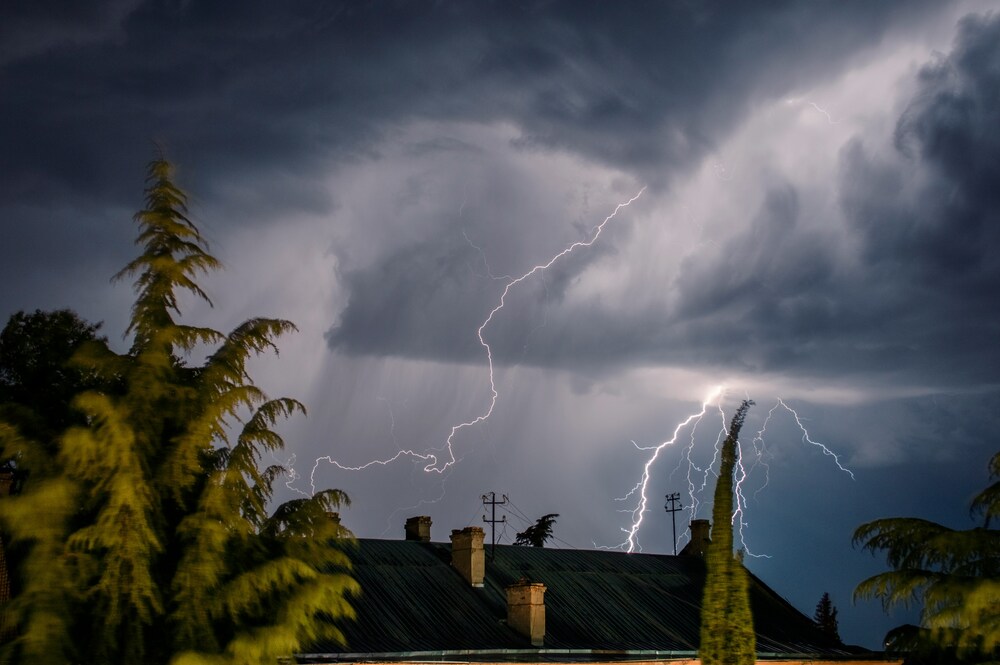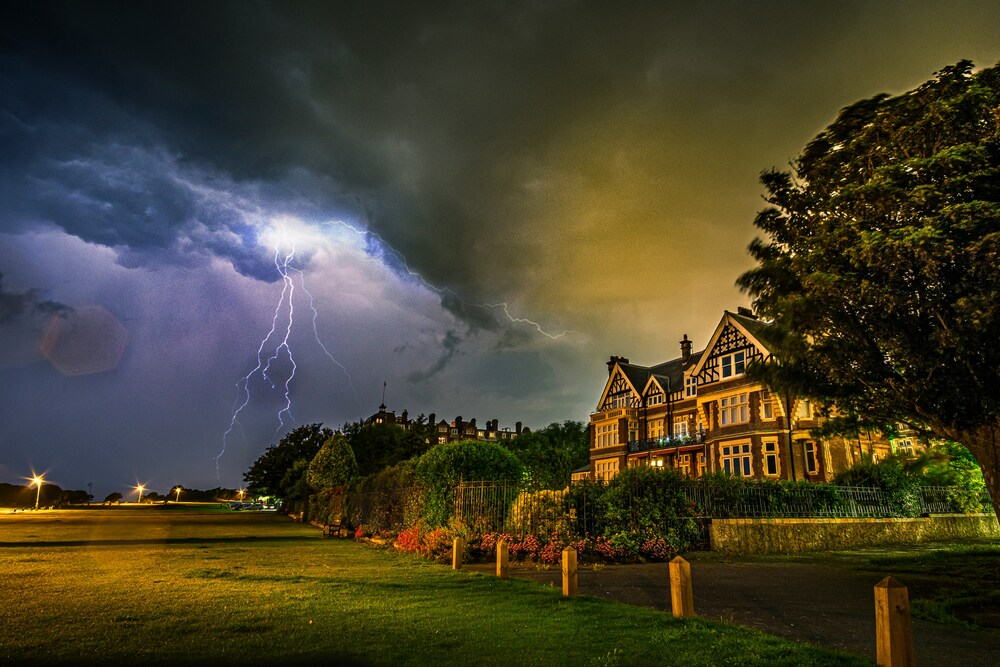- Home
- Articles
- Architectural Portfolio
- Architectral Presentation
- Inspirational Stories
- Architecture News
- Visualization
- BIM Industry
- Facade Design
- Parametric Design
- Career
- Landscape Architecture
- Construction
- Artificial Intelligence
- Sketching
- Design Softwares
- Diagrams
- Writing
- Architectural Tips
- Sustainability
- Courses
- Concept
- Technology
- History & Heritage
- Future of Architecture
- Guides & How-To
- Art & Culture
- Projects
- Interior Design
- Competitions
- Jobs
- Store
- Tools
- More
- Home
- Articles
- Architectural Portfolio
- Architectral Presentation
- Inspirational Stories
- Architecture News
- Visualization
- BIM Industry
- Facade Design
- Parametric Design
- Career
- Landscape Architecture
- Construction
- Artificial Intelligence
- Sketching
- Design Softwares
- Diagrams
- Writing
- Architectural Tips
- Sustainability
- Courses
- Concept
- Technology
- History & Heritage
- Future of Architecture
- Guides & How-To
- Art & Culture
- Projects
- Interior Design
- Competitions
- Jobs
- Store
- Tools
- More
Best Practices for Lightning Protection For the House

Table of Contents Show
Lightning strikes pose a significant risk to homes, potentially causing fires, power surges, and structural damage. Understanding effective protection methods is crucial for homeowners. Implementing best practices can safeguard property and ensure safety. This guide examines key strategies for mitigating risks associated with lightning, providing practical guidance for those seeking to effectively protect their homes.
Understanding Lightning Risks
Lightning can strike with little warning, making it essential to be prepared. It sparks fires in anything that burns and sends damaging power surges through your electronics. Imagine your building’s frame; lightning can severely damage its structural integrity. Seeing these hazards clearly lets us set up strong defenses.
Installing a Lightning Rod System
A well-designed lightning rod system can direct electrical charges safely into the ground, preventing damage. This setup with rods, special wires, and metal pieces for lightning protection for house is planted deep in the ground. An accurate electrical setup manages current flow, lessening the probability of accidental fires or physical harm to the building. Consulting a professional for installation is recommended for optimal safety and peace of mind.

Using Surge Protectors
Power surges caused by lightning can damage appliances and electronics. Keep your valuable electronics safe; a protector diverts damaging power surges. Installing whole-house surge protection provides comprehensive coverage. Supplementing with individual surge protectors for sensitive electronics further enhances safety, ensuring that valuable items remain unharmed during a storm.
Grounding and Bonding
Grounding involves creating a path for electrical energy to safely dissipate into the earth. Bonding connects all metal components to the grounding system. This ensures that every part carries the same electrical charge. Following this keeps you safe from shocks and protects your gear. To truly stop lightning, you need strong grounding and proper bonding.
Tree and Vegetation Management
Tall trees often attract lightning strikes, putting nearby buildings at risk. Keeping up with trimming and general upkeep helps lower the chances of trouble. Keeping trees at a safe distance from the house is advisable. Removing dead or weak branches prevents fires and serious structural issues. This makes your whole property safer during stormy weather.
Roof and Gutter Maintenance
Maintaining roofs and gutters is crucial for minimizing damage caused by lightning. Metal roofs, in particular, should be properly grounded. Clear gutters mean a lower risk of water damage to your home during heavy storms that bring downpours. Checking things often and keeping them well-maintained prevents minor issues from escalating into major problems.

Insurance Considerations
Reviewing homeowner’s insurance policies is a wise step in lightning protection. Ensuring coverage includes damage from natural events can provide peace of mind. Many insurance agreements outline provisions for losses directly resulting from lightning strikes. Consulting with an insurance agent can clarify options and ensure that adequate protection is in place.
Creating a Safety Plan
Having a safety plan for lightning storms is essential. Get indoors right away, keep off electronics, and stand clear of all windows. Educating family members about safety protocols ensures everyone knows how to respond during a storm. Thinking ahead reduces the risk of accidents and makes everyone much safer.
Educating the Community
Raising community awareness about lightning safety can have a broader impact. Community talks or helpful handouts teach neighbors why staying safe is so important. Imagine if we all chipped in! You’d feel much safer knowing everyone understands how to prevent dangers. That common understanding empowers us to act quickly.

Investing in Technology
Modern technology offers innovative solutions for lightning protection. Identifying power issues early means you can fix them before they become big problems. Selecting the right technology keeps you safer, acting as a solid, extra layer of defense. Adopting the latest technology means your property has access to the most effective safety gear available.
Conclusion
Defending a property against lightning requires concrete protective measures and sound, well-reasoned choices. Following the smart steps discussed in this article helps lower the risks associated with big storms. A smart plan to stay safe from lightning always includes regular upkeep, correct equipment setup, and getting everyone in the community on board. Effective safeguarding calls for both detailed observation and proactive preparation.
illustrarch is your daily dose of architecture. Leading community designed for all lovers of illustration and drawing.
Submit your architectural projects
Follow these steps for submission your project. Submission FormLatest Posts
Acropolis of Athens: Architecture as a Political and Cultural Statement
From the Parthenon to the Erechtheion, the Acropolis of Athens stands as...
The Alhambra: Geometry, Ornament, and the Poetry of Islamic Architecture
From muqarnas vaults to tessellated tilework, the Alhambra in Granada, Spain, represents...
How to Design and Maintain a Safe Outdoor Pool Space
Table of Contents Show Planning for Security and ComfortEstablishing Boundaries and BarriersChoosing...
The Gold Standard for London: Why Experts Choose Heat Over Chemicals
London has always set the benchmark in everything from architecture to innovation,...












Leave a comment